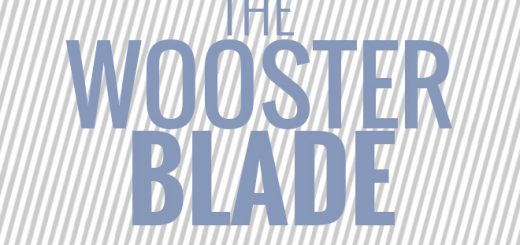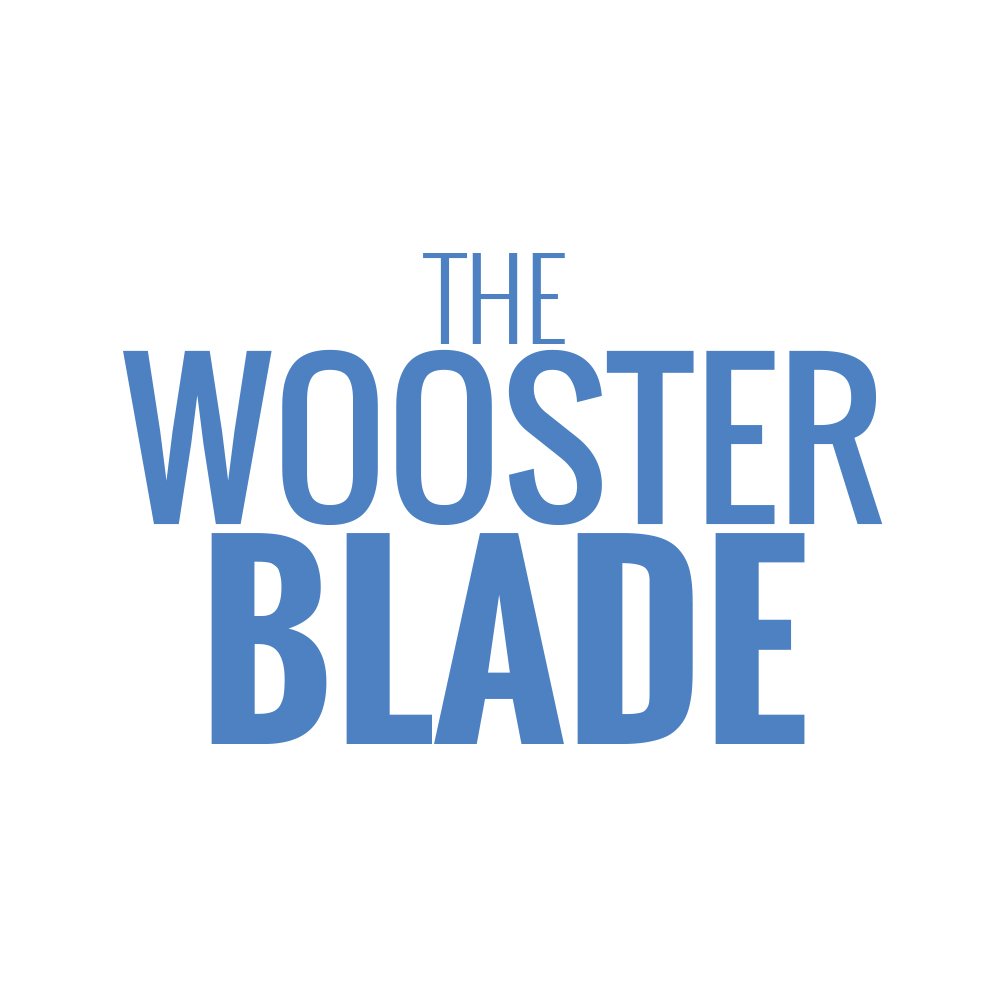Charlie Hebdo attack poses questions
Earlier this month in Paris, two Islamist extremists opened fire within the news organization Charlie Hebdo, a satirical magazine that published caricatures of the Prophet Muhammad. Some members of the Islamic community perceived this publication as hate speech.
The traumatic event has rocked the city of Paris and the world over the past week, as the battles of anti-Semitism, terrorism and freedom of expression arise once again.
Most people fail to realize the executive leader of Charlie Hebdo was living under police protection since the magazine’s first altercation with accused hate speech in 2012.
The problem is not the technicalities of the attack, but what the attack implies for the rest of the world, especially pertaining to freedom of speech and the definition of hate speech in the global community.
While I am not condoning the actions of the Islamists in Paris, I can’t help but question if the attack could have been prevented.
The staff memebers of Charlie Hebdo have received death threats for mocking Islam.
In my writing career thus far, I have learned to guide my journalistic intentions by the two main ethical questions of journalism: “Who does is help?”And “Who does it hurt?” Personally, I do not believe the staff of Charlie Hebdo followed these guidelines.
As an aspiring journalist, I have fought for the right to speak my mind. Even in writing this column, I am aware that many may not agree with my stance. But, with restrictions, as a writer and as a citizen of the United States of America, the freedom of speech and press protects my thought and views, and allows for my own creativity and originality to develop.
Such a lesson is extremely important when looking at a traumatic and heartbreaking event such as that in Paris, France.
My deepest condolences extended to the families of the deceased, as well as the French community as a whole. I only hope current and future journalists will learn from the events of Charlie Hebdo. Je suis Charlie.



